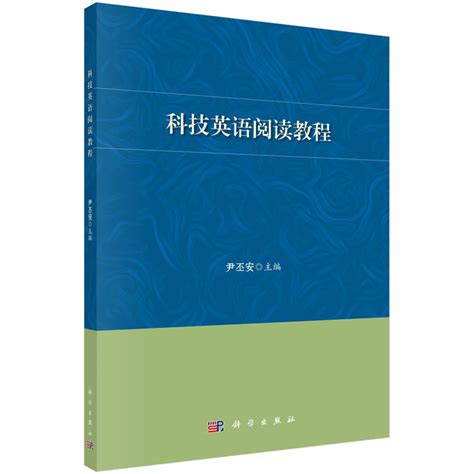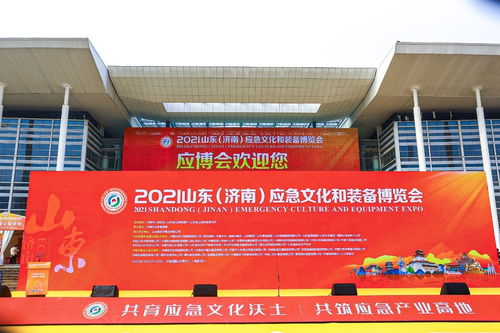Title: The Impact of Artificial Intelligence on the Future of Work

The development of artificial intelligence (AI) has brought about a significant transformation in various industries. As more and more companies adopt AI technologies, the future of work is expected to change drastically. In this article, we will discuss the impact of AI on the future of work and provide recommendations for both employers and employees.
First, AI will automate routine tasks. Jobs that are repetitive in nature such as data entry, order processing, and inventory management can easily be replaced by AIpowered software. This means that many lowskilled workers will lose their jobs. According to a report by McKinsey, up to 800 million workers worldwide could be displaced by automation by 2030. Employers must consider retraining programs for displaced workers to acquire new skills.
Second, AI will enhance productivity. AI algorithms can perform tasks faster and with greater accuracy than humans. This means that organizations can produce more output with fewer resources. In some cases, AI can predict and prevent malfunctions in machinery before they occur, reducing downtime. Employers should invest in AIpowered tools to improve efficiency and productivity.
Third, AI will create new job opportunities. While some jobs may become obsolete due to automation, new jobs will emerge that require skills in areas such as data science, AI programming and ethical oversight of AI systems. Employees should take advantage of these emerging career opportunities and invest in their skills accordingly.
Fourth, AI will require ethical considerations. AI systems are only as unbiased as the data they are fed. Bias in data can lead to AI systems that discriminate against certain groups of people. Employers must take into account the ethical implications of AI and ensure that their systems are designed to avoid discrimination.
In conclusion, AI will have a significant impact on the future of work. Employers must be aware of the implications of AI adoption on their workforce and invest in retraining programs for displaced workers. Employees must invest in their skills and take advantage of emerging job opportunities. Finally, ethical considerations must be taken into account to ensure that AI systems are designed to be fair and unbiased.








